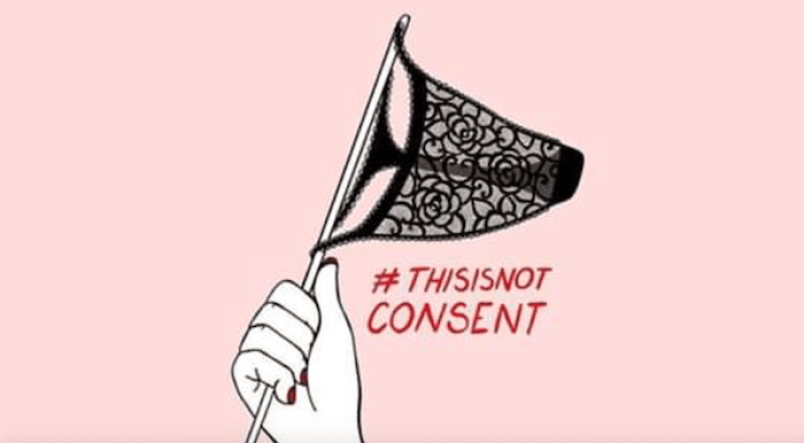When I turned on Thursday night’s episode of Grey’s Anatomy (titled: Silent All These Years), I anticipated the usual tear-jerking storyline that can be expected each week from the hit drama TV series - the relationship woes and medical mishaps of the show’s main characters.
This episode focused on a standalone story that reached beyond the usual script - tackling a sensitive subject and leaving a lasting impact on the viewers, writers and even producers of the show.
Taking a three-pronged approach, the episode addresses the topic of consent and sexual assault. The spotlight shone specifically on a stunning scene where a team of female doctors and nurses literally stand together to support a sexual assault victim around, but there was another scene that stuck with me long after the credits rolled.
Early on in the episode, Bailey and Ben discover that their son Tuck has just started dating and through various hints in the dialogue, the audience anticipates “the talk” to occur and to be of the usual “the birds and the bees.”
In the memorable scene, Ben and his stepson Tuck are sitting together at a cafe counter, sipping on sodas and biting into burgers, when Ben asks Tuck if he knows about consent and what it means. When Tuck shrugs his shoulders and tries to answer the question, Ben responds with an explanation that resonates equally with the boy in the scene and the parents who are watching from the other side of the screen.
Ben begins with an anecdotal sports scene. He explains how during a game, the players will be going at it, but when the whistle is blown and a time out occurs, no matter how into the game they are, all play stops. He explains, “No matter how much fun they're having, everything stops," and then Ben says, "If she says time out, you time out. No questions asked. That's consent." He follows that with, “She can change her mind at any time. It’s game over,” explaining that the moment she stops having fun, the fun must stop.
As my oldest approaches her teen years, I’ve been careful to caution her about consent, sharing the steps she should take to avoid potentially dangerous situations - not to be afraid to say “No!” or “Stop!” - to always go to the bathroom with a friend, and to make sure that she listens to her gut when it comes to interacting with her peers in social settings. I keep the conversation open and ongoing because I want to do my best to keep her safe.
But what I realized after watching this episode was that I should be having ongoing conversations with my son about consent as well.
Whether it’s explaining how to get consent, how to stand up to those who are harassing others, or how to say “No!” in uncomfortable situations, the consent talk is one that we should be having with all of our kids - not just our daughters.
Bianca Bujan is a mom of three, writer, editor, and marketing consultant. Find her on Twitter @biancabujan and Instagram @bitsofbee.



